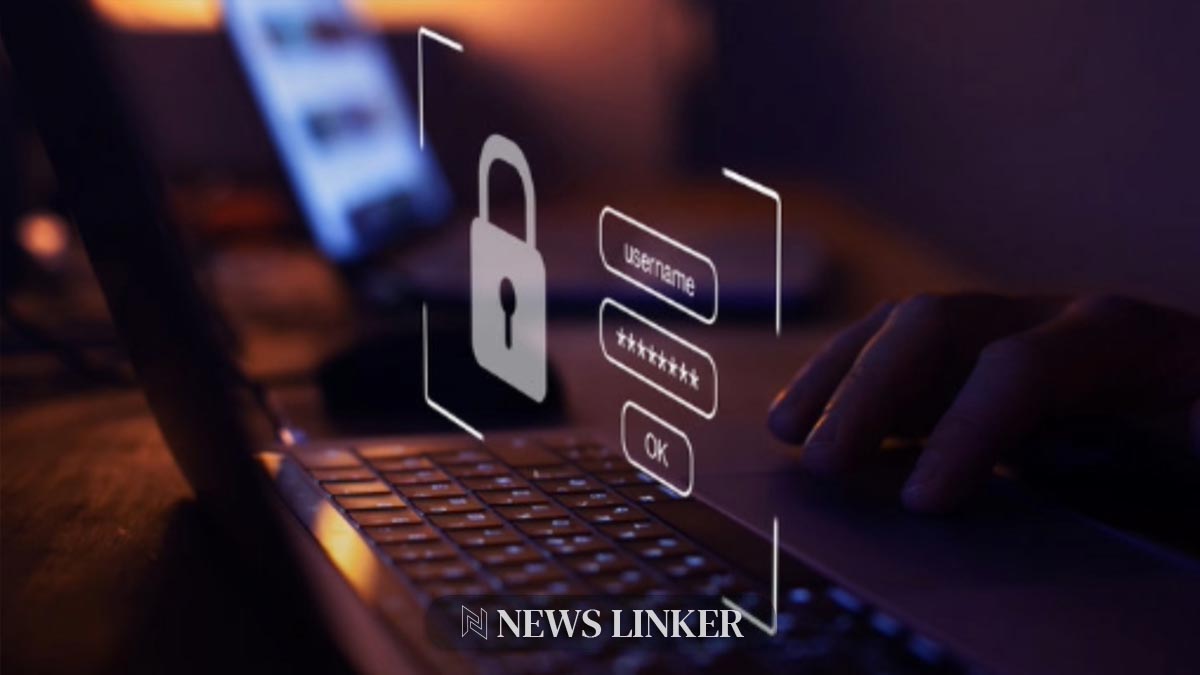In a recent development that has shaken the global automotive industry, Volkswagen has become the target of a sophisticated cyberattack. This incident is particularly alarming as it involves the theft of critical proprietary data concerning Volkswagen’s electric vehicle (EV) technologies, which could significantly impact its competitive position in the market. The breach was detected earlier this week, and subsequent investigations have pointed to China as the origin of the attack. This situation raises significant questions about cybersecurity practices and international relations in the context of industrial espionage. As the automotive industry continues its shift towards digital integration, the vulnerability of major players like Volkswagen to such cyber threats becomes a critical point of concern for stakeholders and policymakers alike.
Nature of Stolen Data
The data compromised in the Volkswagen breach includes highly sensitive information pivotal to the company’s future in the electric vehicle market. The stolen documents encompass details on EV technology and production strategies, which are integral to maintaining Volkswagen’s edge in this rapidly evolving sector. The specificity of the data targeted by the hackers suggests a calculated attempt to undermine Volkswagen’s technological advances. This theft not only jeopardizes the company’s market position but also poses risks of the data being misused, potentially leading to broader industry repercussions.
Volkswagen’s Response
Volkswagen has promptly initiated a comprehensive overhaul of its security systems in response to the breach. Collaborating closely with cybersecurity experts and international law enforcement, the company aims to trace the perpetrators and fortify its defenses against future incidents. Volkswagen asserts its commitment to maintaining the trust and safety of its customers by significantly ramping up its cybersecurity measures, reflecting the seriousness with which it views this breach.
Global Reactions and Future Steps
This incident has triggered a global outcry for strengthened cybersecurity protocols within the automotive industry and beyond. Many international voices are advocating for enhanced regulatory frameworks and collaborative efforts to tackle cyber threats effectively. The repercussions of this breach extend beyond Volkswagen, prompting a widespread reassessment of cybersecurity strategies in critical infrastructure sectors worldwide.
Comparative insights from various sources shed light on the increasing trend of targeted cyberattacks within the automotive sector. For instance, an article from CNET titled “Automotive Cybersecurity Risks in an Era of New Technologies” emphasizes the mounting challenges car manufacturers face as they integrate more connected technologies. Meanwhile, a scientific paper published in the Journal of Cybersecurity Technology discusses methods to enhance data security protocols in automotive systems, suggesting that maintaining technological integrity is both a challenge and a priority for the industry.
The breach at Volkswagen serves as a stark reminder of the vulnerabilities that come with increased digitalization in the automotive industry. As companies navigate the complexities of integrating advanced technologies, they must also prioritize robust cybersecurity measures to protect against such invasive threats. The incident not only underscores the need for stringent security protocols but also highlights the potential international ramifications of cyber breaches in an interconnected global market. As investigations continue, the lessons learned from this breach will likely influence cybersecurity strategies across industries worldwide, prompting a more vigilant and proactive approach to safeguarding sensitive information.










